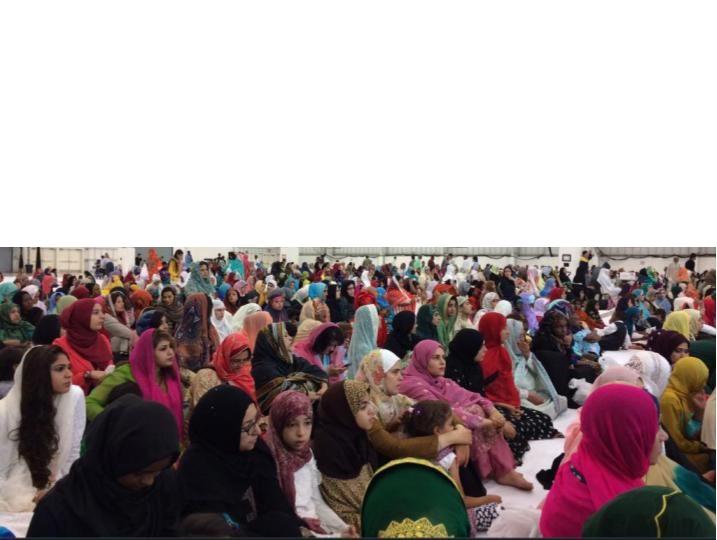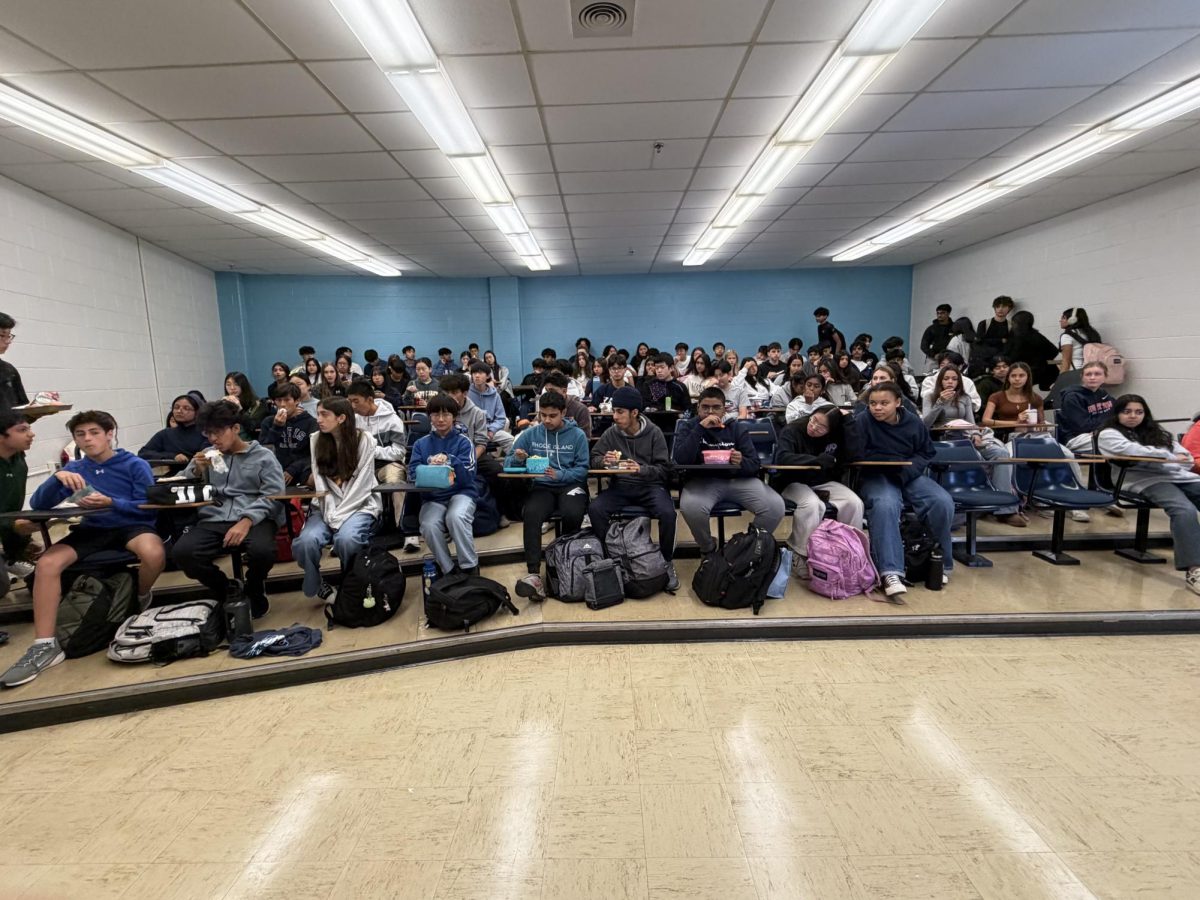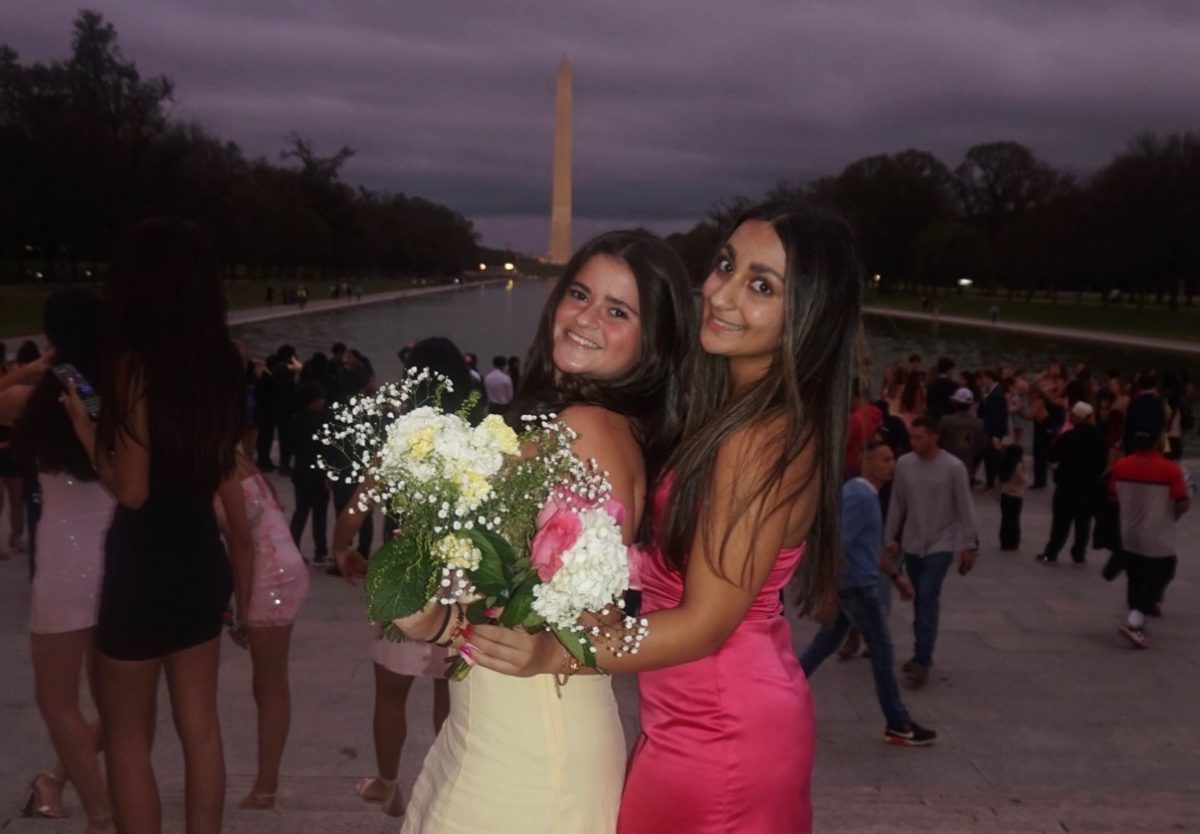With just one week remaining in the school year, it seems like all that anyone is focusing on are summer plans and leaving school, but right now it is also the holiest month in the Islamic religion: Ramadan.
Ramadan is the month of fasting to commemorate the first revelation of the Quran to Prophet Muhammad. Islam follows the Lunar calendar as opposed to the Gregorian calendar, so Ramadan falls over a different set of weeks each year. This year, Ramadan began on May 16 and will end on June 15. The most well-known practice of Ramadan is that observers must fast from sunrise to sunset every day, but that’s not the only practice of the holiday.
Fasting falls under one of the five fundamental pillars of Islam. The other four are faith, prayer, charity and pilgrimage to Mecca. During Ramadan, it is ritual to perform acts of charity and recite prayers specific to the holiday as ways to follow the five pillars. Ramadan is also a time of self-reflection and self-improvement. “[I look forward to] the moments where I can feel increased empathy and greater compassion for those who are less well-off than I am,” English teacher Amani Elkassabany said.
Elkassabany is the only Muslim teacher at this school and is currently the sponsor for the Muslim Students Association. “It helps me create community with Muslims in the school, and as sponsor I feel like I can understand what those students are experiencing… and be somebody who understands the challenges of fasting during Ramadan,” she said.
Muslims typically break their daily fast with large meals shared with friends and family, and as a result they have opportunities to build stronger bonds with the people around them. “Fasting is more about discipline and patience more than it is about not eating, and it feels great to know that everyone in the room is breaking a fast with you. It kind of creates a sense of unity,” sophomore Rimsha Kamal, an officer for the Muslim Students Association, said.
Unlike other holidays, during which students have off from school, the Muslim students and faculty come to school everyday throughout Ramadan and observe its customs. Fasting through the school day, especially when other students are constantly snacking, is a challenge. Also, with Ramadan occurring at a time when the days are getting longer, fasting becomes even more difficult, but that does not stop the Muslim population of this school from observing. “It can be challenging, but with all these benefits [of practicing patience and self-control] as rewards, it motivates me,” sophomore Samaa Zaman, another officer for the Muslim Students Association, said.
The end of Ramadan is signaled by the festival called Eid al-Fitr. Translated as “the Fast-breaking Festival,” the celebration typically starts with prayer, and afterward people visit relatives, friends and sometimes graveyards to pray for the dead. Many celebrate by wearing either traditional or new clothing, and giving gifts to children and donating to charity are both commonplace. Traditional foods are shared as well.
Specific traditions tend to vary based on country of origin, but one dessert often shared in Egypt is Kahk. Kahk is a cookie filled with dates, or agameya (honey filling), nuts such as walnuts and pistachios, and sometimes powdered sugar depending on the recipe. “Passing down family recipes from generation to generation is also a way to stay connected to your extended family and also to carry on traditions that really give meaning to your practices,” Elkassabany said.
In a community and country that has a non-Muslim majority, it is difficult for the Muslim population to receive the same recognition as other religions, though the Muslim Students Association hopes to see a change, and they will continue to unite through the holy month of Ramadan.
Categories:
Students observe Muslim holy month Ramadan, celebrate Eid al-Fitr
June 7, 2018
0
Tags:
Donate to Common Sense
$245
$2000
Contributed
Our Goal
Your donation will support the student journalists of Thomas S. Wootton High School. Your contribution will allow us to purchase equipment and cover our annual website hosting costs.
More to Discover








